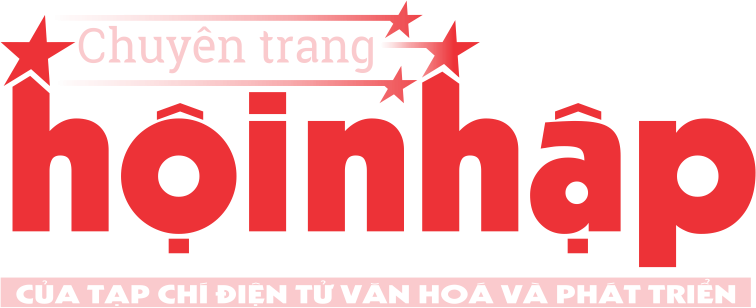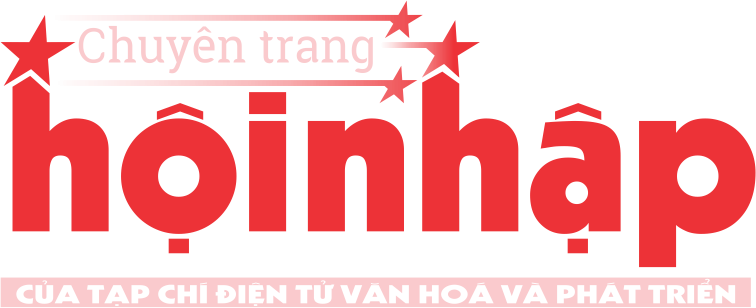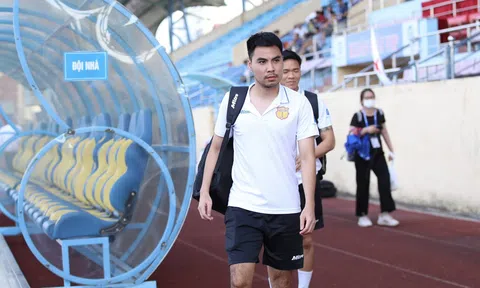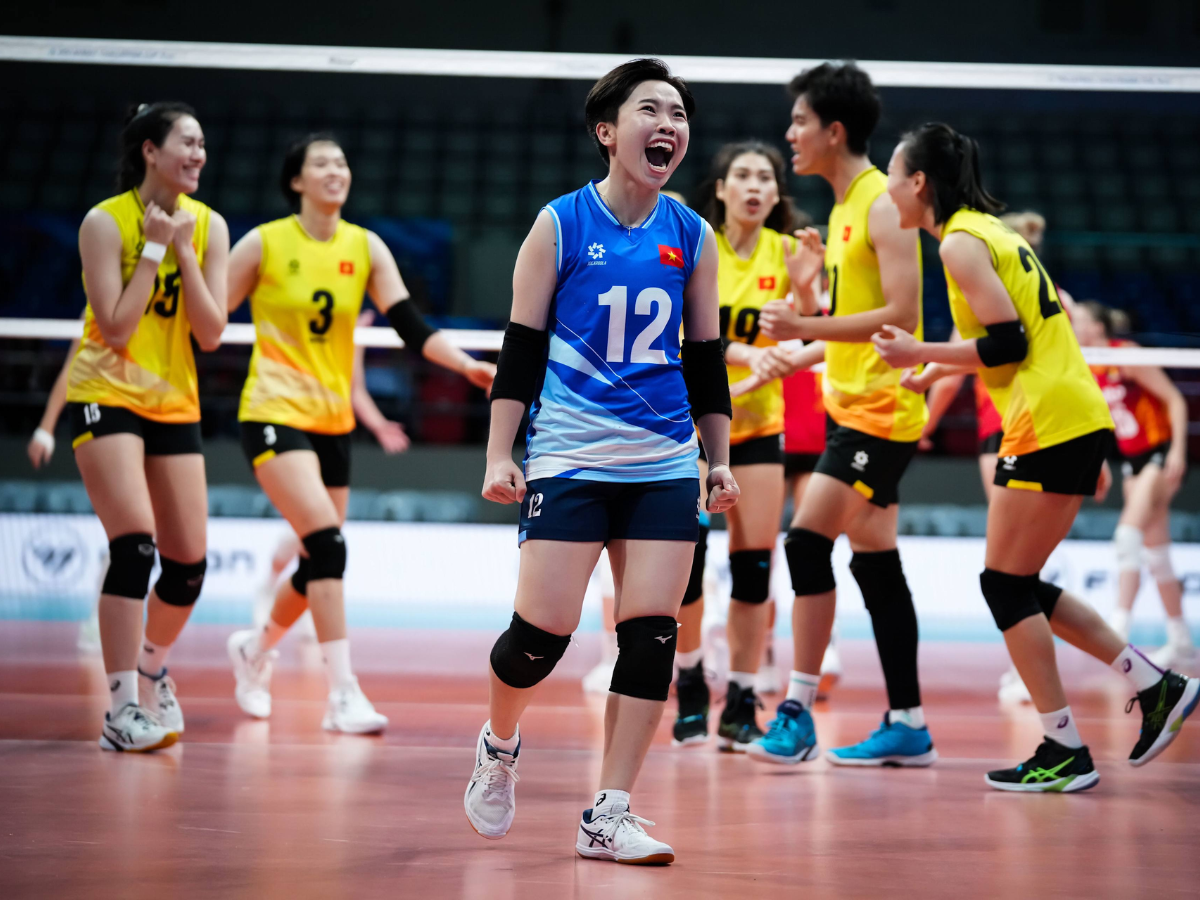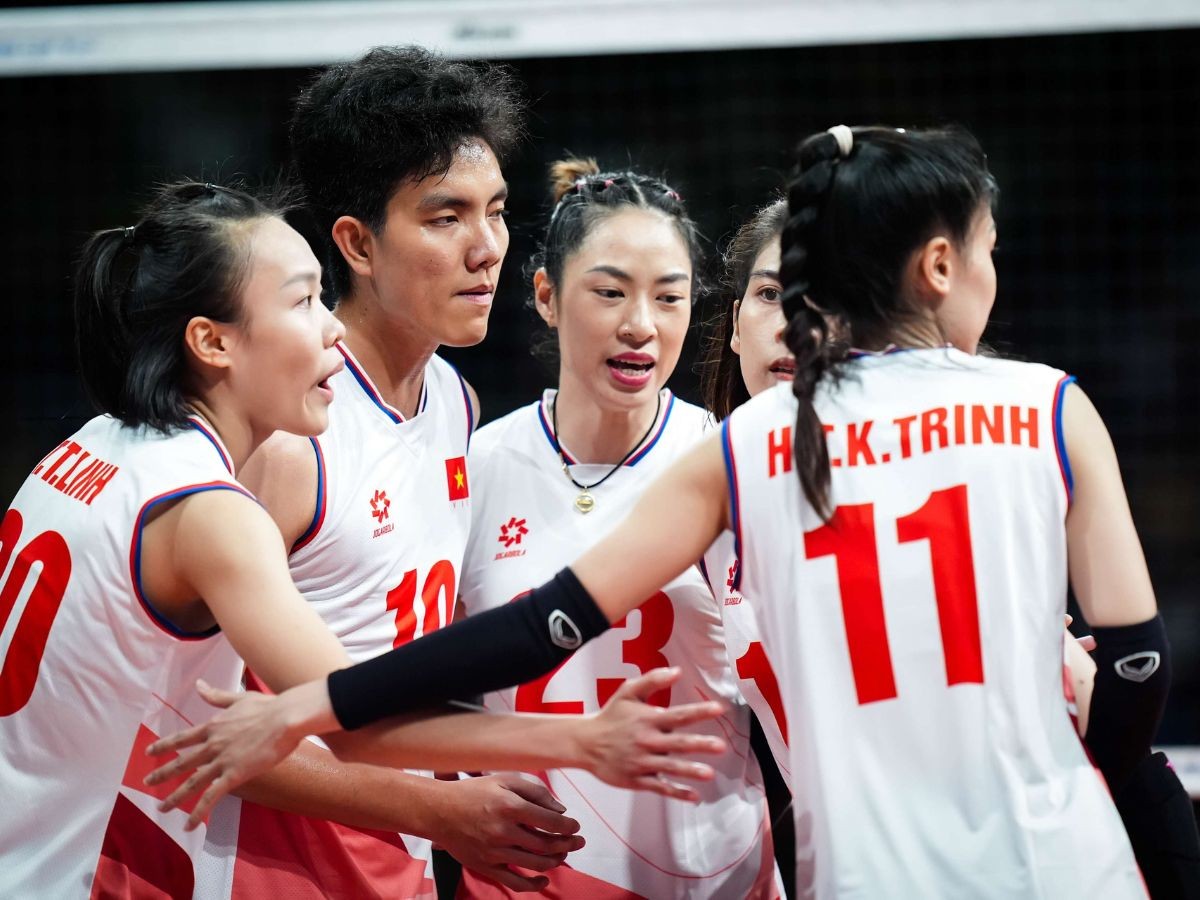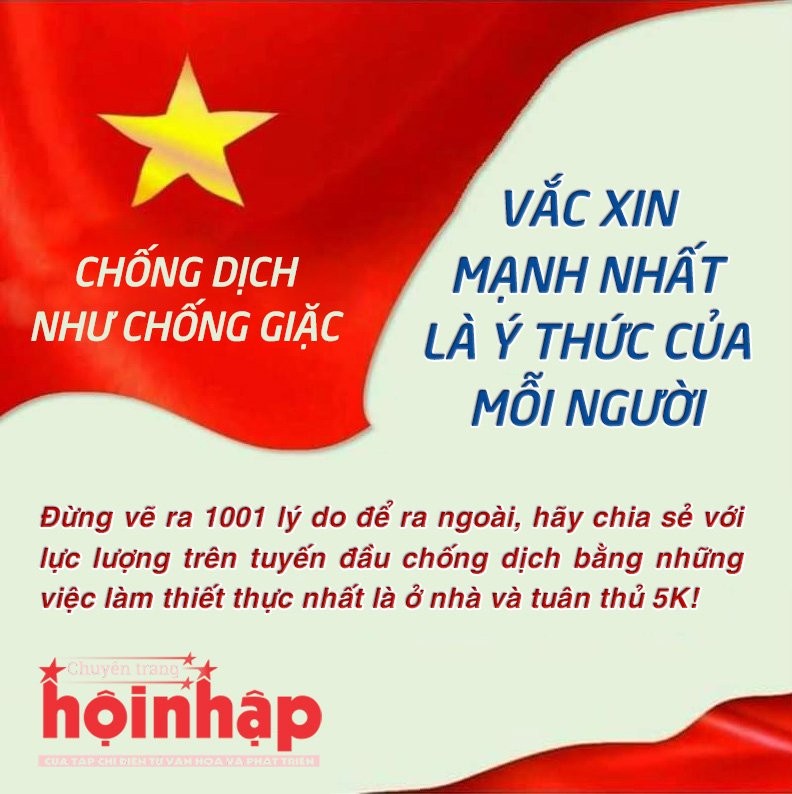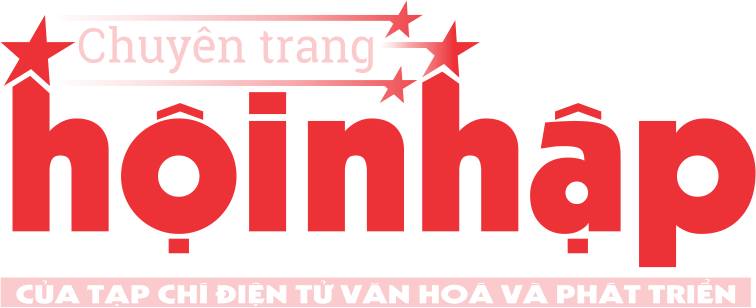RAISED IN A PATRIOTIC INTELLECTUAL FAMILY
Professor Dao Duy Anh was born and raised in a patriotic intellectual family dedicated to revolutionary activities. His father, Dao Dinh Diep, worked as a clerk in Nong Cong, Thanh Hoa district. His father passed away early, and his mother, Nguyen Thi Hoe, sought refuge in Vinh Thai pagoda, which sheltered many pre-revolutionary activists, including comrade Nguyen Van Linh, former General Secretary of the Communist Party of Vietnam. Upon receiving his Bachelor's degree, Professor Dao Duy Anh taught in Dong Hoi to alleviate the financial burden on his mother and support his siblings' education. In the struggle for national liberation, his siblings endured sacrifices and hardships in colonial prisons.
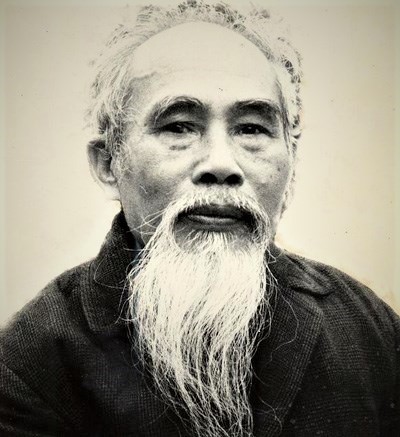
Professor Dao Duy Anh (1904 - 1988)
In a letter to the Central Party Organization Committee (1992), Dao Phan (alias Dao Duy Denh) recounted the revolutionary activities of Professor Dao Duy Anh's siblings: His brother Dao Duy Phien was arrested by the French in 1940 for participating in anti-French movements in Saigon and was exiled to Con Dao until 1945; his half-brother Dao Duy Lien (from another mother) was arrested by the regime of Ngo Dinh Diem in Saigon in 1956, exiled to Con Dao for 5 years for anti-authoritarian and anti-imperialist activities; his sister Dao Thi Quyen and her husband, Dao Van Lan, clandestinely worked for the Indochinese Communist Party in Hai Phong (1936-1939), and in Saigon in 1940, provided a base for comrade Muoi Cuc - Nguyen Van Linh and others during the Southern Uprising; his brother Dao Duy Ky was an intellectual involved in propaganda, journalism, and education for the Indochinese Communist Party since 1935, Secretary of the North Committee in 1941-1942, arrested by the French and imprisoned in Hoa Lo (Hanoi), exiled to Con Dao. His wife, Tran Thi Minh Chau, former Secretary of the Joint Provincial Committee of Ha Dong - Hung Yen during clandestine activities, directly commanded the Bac Son Guerrilla Unit, then participated in the Insurrection Committee in Tan Trao (Tuyen Quang) from 1944 to 1945. His sister Dao Thi Dinh was involved in clandestine activities in Thua Thien - Hue, arrested by the French in 1940 and imprisoned in Thua Thien, then joined the Insurrection Committee in August 1945 in Hue. She was a member of the Provincial Party Committee of Thua Thien Hue, Head of the Central Women's Union Organizing Committee...". Regarding himself, Dao Phan wrote: "Starting from the character of a revolutionary soldier at the age of 16, having served as the Secretary of the Hue Municipal Party Committee in 1937 and the Secretary of the Party Affairs Committee of Hanoi (Secretary of the Municipal Party Committee) during the period when the Party was still clandestine, he was arrested by the French twice in Thua Thien in 1938-1939, Phan Rang in 1939-1940, Hoa Lo - Son La in 1942-1943, Con Dao in 1944-1945."
Tran Thi Nhu Man, the wife of Professor Dao Duy Anh, was both a comrade in revolutionary activities and a special assistant to the scholar. She was born in 1907, the granddaughter of Trần Tiễn Thành, a military official under Emperor Tu Duc, a scholar of the Imperial Academy, and a prominent figure after Emperor Tu Duc's death, who sponsored reformers Nguyen Truong To and Nguyen Lo Trach and introduced them to the emperor. She was the daughter of the former Governor of Nghe An, Trần Tiễn Hối. In 1925, while working as a teacher at Dong Khanh Girls' High School, upon hearing that Phan Boi Chau was arrested by the French in Shanghai, extradited to Vietnam, and sentenced to death by the Hanoi court, she and some colleagues with the same ideology sent telegrams to Resident Superior Varenne pleading for clemency for Phan. Later, with the mother of journalist Hai Trieu, she founded the Women's Educational Society, the first women's social organization in Hue. Here, Phan Boi Chau, then under house arrest by the French in Hue, supported and came to talk about the women's movement worldwide. After being released from colonial prison for participating in nationalist movements, she engaged in research activities with scholar Dao Duy Anh. After the August Revolution in 1945, with her prestige, she was invited to be the chairwoman of the Women's Union of Thua Thien Hue and held various positions in the Vietnam Women's Union until retirement.
Until now, the descendants and subsequent generations of Professor Dao Duy Anh have continued the tradition of a patriotic intellectual family, dedicating their lives to learning, serving the Motherland, and accompanying the national destiny. Notably, his eldest son, Professor, Academician, and Labor Hero Dao The Tuan (1931-2011), was a pioneering researcher in agriculture and rural areas in Vietnam. He authored numerous valuable scientific research works, many of which were published in newspapers and journals domestically and internationally. At the age of 6, Dao The Tuan joined the Scout movement, then the Lelai Youth following Scout leaders such as Hoang Dao Thuy and Ta Quang Buu. In May 1950, he joined the army, working in the General Staff Headquarters, initially in the Intelligence Bureau, then transferred to the deputy Chief of Staff's secretariat, participating in the planning of the Tran Hung Dao campaigns in the Central Highlands and the Hoang Hoa Tham campaigns in the Northeast. In 1953, Dao The Tuan was among the 50 youths sent to study in the Soviet Union. Upon returning, he worked in the agricultural sector until retirement. Recognizing Professor and Academician Dao The Tuan's significant contributions to scientific research, practical contributions to agriculture production, the Party, the State, and the international community, he was awarded the Third-Class Victory Medal, First-Class Resistance against America Medal, Second-Class Labor Medal, French Agricultural Merit Medal. In 2000, he was honored with the Hero of Labor title, and in 2005, he received the Ho Chi Minh Award. Additionally, he was awarded the Officer of Agricultural Merit, Officer of the Palmes Academiques, and the Rene Dumont Award. However, his greatest honor was the gratitude of Vietnamese farmers and the cherished sentiments of cadres, students, and colleagues. A street in Long Bien district, Hanoi, was named after Professor Dao The Tuan in 2022.
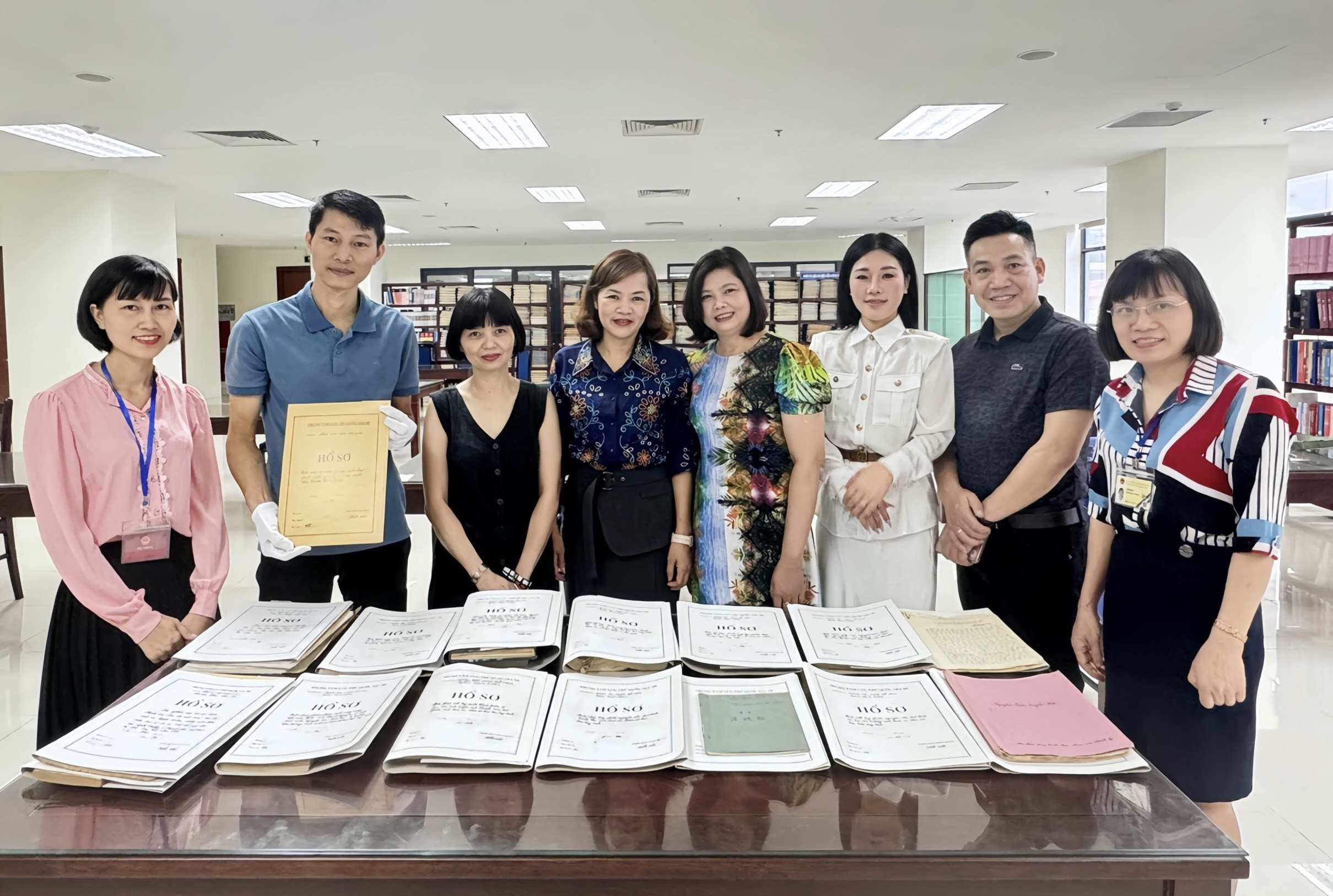
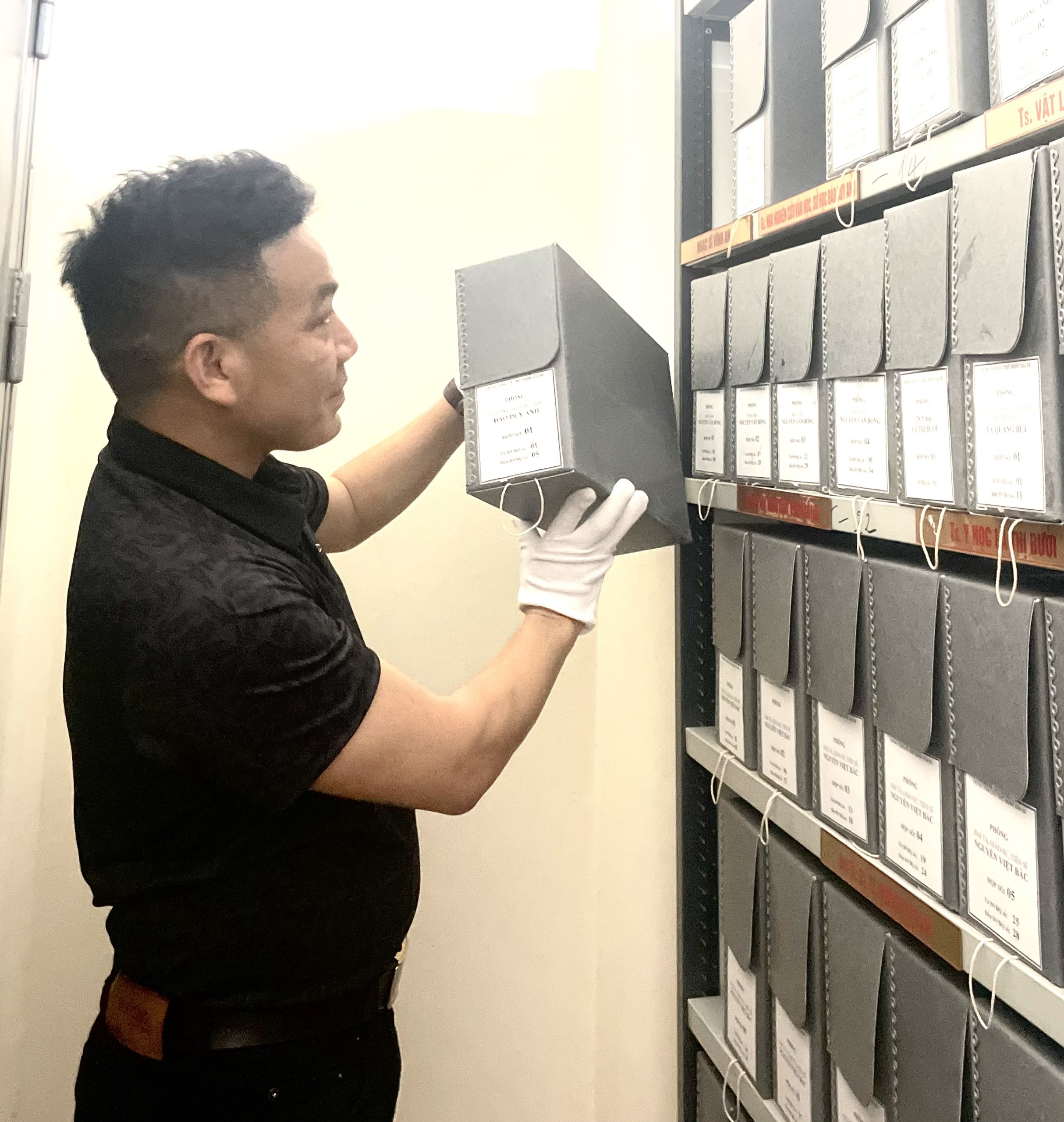
FROM REVOLUTIONARY ACTIVIST TO RESPECTED SCHOLAR
To understand the journey from revolutionary activist to respected scholar of Professor Dao Duy Anh, we have consulted the memoir "Remembering the Afternoon" and the article "How did I follow the revolution and serve the Motherland?" written by Professor Dao Duy Anh on December 29, 1970. We cross-referenced these with documents about Professor Dao Duy Anh stored at the National Archives Center III, as well as various materials published during the commemorative conference marking the 100th anniversary of Professor Dao Duy Anh's birth (1904 - 2004).
One pivotal event that changed Professor Dao Duy Anh's life occurred in 1925 when he first met Phan Boi Chau, a revolutionary intellectual, who had been released by the colonial authorities and placed under house arrest in Hue. Inspired by Phan's spirit and grand vision, young Dao Duy Anh, driven by a desire to cross the seas, decided to leave prison and seek opportunities for higher pursuits. He resolved to travel south, engage in newspaper work, and pursue his aspirations. Reflecting on this encounter, Professor Dao Duy Anh wrote in his memoirs: "During my journey southward, I stopped by Hue hoping to meet Mr. Phan Boi Chau, who was revered as the soul of nationalism at the time. Mr. Phan's patriotism shone like a bright moonlight." The image of the old man at Ben Ngự was beloved by the people, and young men and women, students from Dong Khanh, Quoc Hoc, and Bach Cong schools, often visited him to listen to his words of wisdom and advice. Recalling Phan Boi Chau, Professor Dao Duy Anh wrote: "I felt that despite the failure of Mr. Chau's revolutionary endeavors, as he often mentioned, he still sat there calmly, holding the torch of patriotism, waiting to pass it on to the youth of that time, who were struggling to find a way to save the country and the people."
One of the most fervent periods of Professor Dao Duy Anh's life was during his time at the newspaper "Tieng Dan" with Mr. Huynh Thuc Khang in Hue, Mr. Huynh being a renowned Confucian scholar in Quang Nam. Reflecting on this period, Professor Dao Duy Anh wrote with gratitude: "The establishment of the newspaper 'Tieng Dan' was made possible thanks to the enthusiastic, selfless, and empathetic assistance of many people. During the time at 'Tieng Dan,' one could attain enlightenment." He wrote: "I just want to emphasize the dominant aspect of my intellectual development, gradually embracing Marxist ideology as the guiding principle for all my cultural activities."
Like migratory birds crossing the seas, he and his comrades established the Quan Hai Tung publishing house to disseminate knowledge about Marxism and new scientific ideas among young people. He adopted the pen name Ve Thach, with the intention of being like a Tinh Ve bird, forever carrying a stone to fill the East Sea, filling the vast ocean of knowledge of the land and sky.
Professor Dao Duy Anh once shared: "Around the autumn of 1927, when I was in charge of the editorial work at 'Tieng Dan' newspaper, which was just beginning to be published, I was assigned by the Party to take personal responsibility for publishing the Quan Hai Tung book series to support the revolutionary propaganda. I had the opportunity to read the new revolutionary propaganda and training materials sent by the Party's Central Committee, among which the most important was the book 'Revolutionary Path,' containing lectures from the cadre training class organized by the Vietnamese [youth] revolutionary party in Guangzhou. Therefore, I gained a better understanding of the national and international revolutionary tasks. After a year of diligently reading French and Chinese-language books that I obtained in Saigon and Cholon, I realized that the Marxist methodology, ideology, and revolutionary principles had helped me solve most of the existential and political issues I had set for myself, which other theories, from Eastern philosophies like Confucianism, Buddhism, to Western democratic revolutionary theories, and even Tôn Văn's Tam Dan philosophy, could not adequately address. Therefore, I thought that to prepare the youth for a path close to the revolutionary cause advocated by the Party, it was necessary to gradually acquaint them with the basic ideas of Marxism, which I considered the essential key. I decided to take advantage of the legal publishing opportunity to impart some rudimentary knowledge of Marxism and introduce some new knowledge about science, especially social science, with the legal guise of expanding intellectual horizons."
In 1928, at the age of 24, young Dao Duy Anh was elected as the General Secretary of the New Vietnam Revolutionary Party and was tasked with writing the party's political manifesto. The New Vietnam Revolutionary Party was one of the three predecessors of the Communist Party of Vietnam. According to Professor Van Tao, former Director of the Institute of History: "Professor Dao Duy Anh was one of the first people to write books about Marxism, write books on Marxism, and publish those books. Although his books were damaged in Hoa Lo Prison, they were still read and passed on because they were easy to understand and read. His belief in the Revolution, in socialism, and his patriotism were evident both in his scientific work and in his daily life."
The Quan Hai Tung Publishing House, following the Eastern philosophical tradition of China, produced small volumes of about 100 pages each. Professor Dao Duy Anh recounted in his article "How did I follow the revolution and serve the Motherland?" written on December 29, 1970: "Regarding the content, I relied on the learning experiences I had gone through to establish an immediate publishing program. I thought that with our traditional thinking influenced by Confucianism or Taoism, as well as the idealistic Western philosophical foundation absorbed by our youth in schools, it was difficult for people to immediately embrace the dialectical materialist ideology of Marxism. First, it is necessary to acquaint people with scientific and materialist thinking, even if it is just common materialist thinking." To achieve this purpose, within a short period, Quan Hai Tung Publishing House published several progressive books, mostly translated by Professor Dao Duy Anh, such as "The History of Economic Theories," "Women's Movement," "The History of Humankind," or compiled works like "What is Religion?" "What is Society?" "What is a Nation?" These volumes were primarily based on the works of Bukharin and Lenin. And thus, Professor Dao Duy Anh's Quan Hai Tung library contributed to introducing Marxism to Vietnam. Quan Hai Tung Publishing House was shut down in July 1929 when Dao Duy Anh was arrested, after having published 13 small volumes.
Professor Dao Duy Anh, along with some members of the New Vietnam Party, was imprisoned by the colonial authorities at the Thua Phu Prison. By the end of 1930, he was released on parole after serving a suspended sentence of three years in prison. This period marked a turning point in Dao Duy Anh's life as he realized his failure in politics despite his enthusiasm. In his diary, he self-critically reflected: "I should have focused solely on studying history and academic work, contributing to the revitalization of the nation under colonial rule."
Abandoning the political path he had chosen early on, he devoted himself to teaching and writing as a revolutionary intellectual. Some old friends established the private Thuan Hoa School and the Catholic school Thien Huu, inviting Dao Duy Anh to teach. In the context where Vietnamese was replacing Chinese characters, Professor Dao Duy Anh compiled the Han-Viet Dictionary, a valuable work at that time. The dictionary received praise from Phan Boi Chau, who wrote encouraging words: "Fortunately, I recently met a young friend named Dao Duy Anh, who compiled the Han-Viet Dictionary with meticulous annotations, clear explanations, summarizing all the terms needed from Chinese literature for Vietnamese literature, more than forty thousand words in total."
Building on this success, he continued to compile the French-Vietnamese dictionary, which was published in 1936, amidst a renewed revolutionary movement in Vietnam. In this context, the French-Vietnamese dictionary was in high demand among readers nationwide, contributing significantly to the cultural advancement and knowledge of the people.
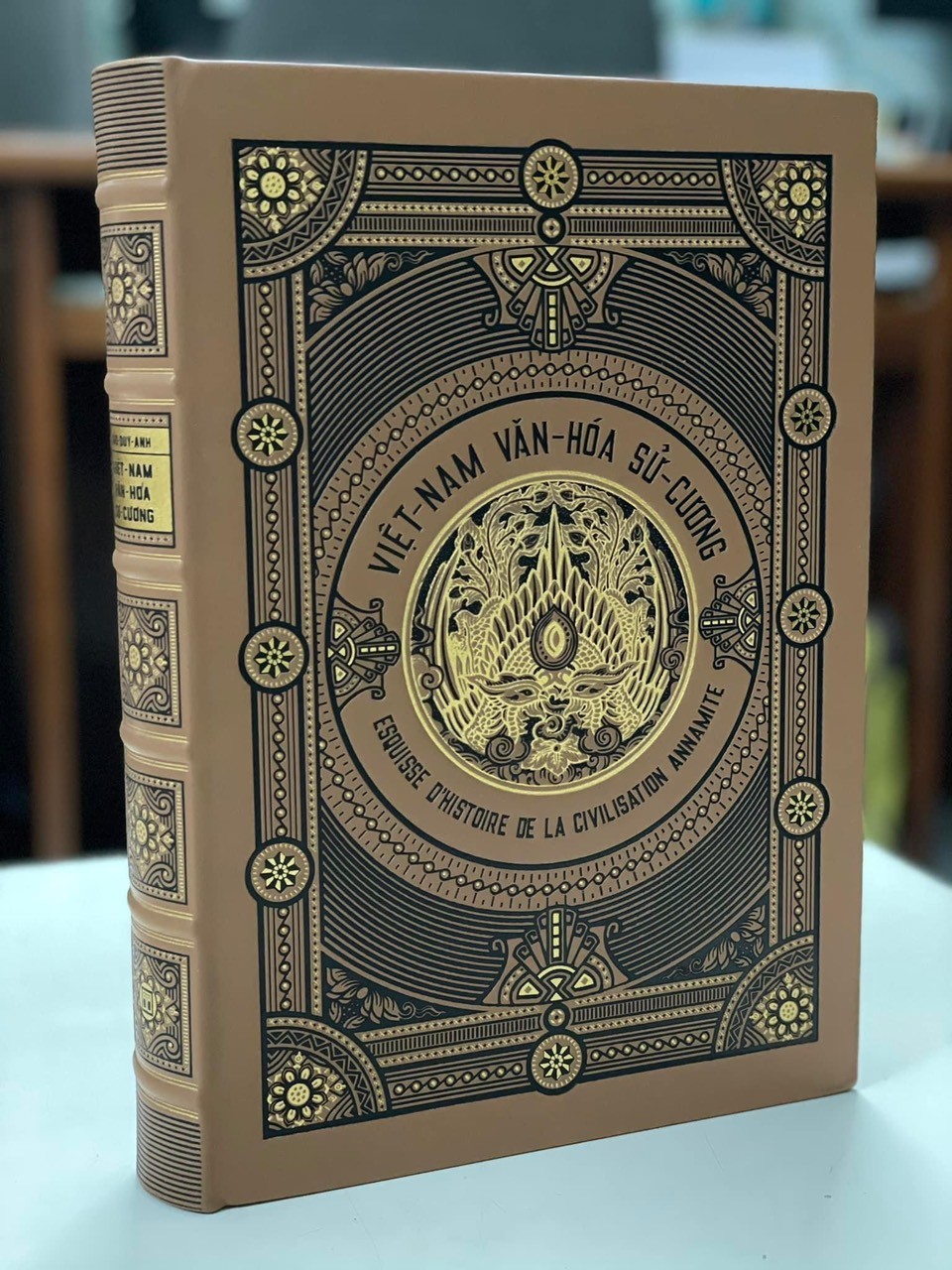
During this time, Professor Dao Duy Anh wrote several important books for Vietnam. "Vietnamese Cultural History" is one of the most significant works by scholar Dao Duy Anh. The book, first compiled and published in 1938, was an attempt to reconcile the clash between traditional Vietnamese culture and Western culture that was flooding into the country in the early 20th century.
This book is considered the first book on Vietnamese culture and has close ties with intellectual groups and scholars in Hue and across the country. Researcher Than Trong Ninh, a former student of Professor Dao Duy Anh, once said: "Professor Dao Duy Anh was a scholar who used the term 'rescuer' in every field he participated in, writing about history, literature, foreign languages, French, Chinese, hardly anyone else during that time in Hue but Dao Duy Anh."
It would be a major oversight not to mention Professor Dao Duy Anh's research on "The Tale of Kieu" and the Han-Nom poetry of Nguyen Du. Professor Dao Duy Anh's Kieu Dictionary, a groundbreaking work in the history of the Vietnamese language and literature, captured the progress made in the language and literature of the homeland. It condensed the fragrance of remembrance to recall the poet's compassion for the fate of individuals in a cruel feudal society. In his memoirs, Dao Duy Anh expressed empathy with Nguyen Du's resonating words: "Three hundred years from now, in a dreamy haze, who will shed tears for you, Thuy Kieu?"
The August Revolution erupted, and on August 19, 1945, in Hanoi, power returned to the people. On September 2, 1945, at the historic Ba Dinh Square, President Ho Chi Minh read the Declaration of Independence proclaiming, "The Vietnamese people have the right to freedom, independence, and truly have become a free, independent country." On August 23, 1945, the red flag with a gold star was raised above the Văn Lâu Pavilion, marking the birth of a revolutionary Hue. In the early days of the revolution, at the end of 1945, Dao Duy Anh was summoned for arrest. However, the revolution did not forget intellectuals with noble intentions. On his way to the North, he was fortunate to meet Vo Nguyen Giap, a former student and comrade in the New Vietnam Party. He was able to meet President Ho Chi Minh, a leader who deeply respected intellectuals who loved their country and were talented. He was received by Uncle Ho at the Government Guest House, inquired about the cultural situation of the country, and invited to participate in building a new university.
In 1946, as the political situation in Hanoi became tense due to French aggression, "they wanted to seize our country once again," and the nationwide war of resistance entered a harsh and fierce struggle that lasted for 9 years. At the end of 1946, Professor and his family moved to Thanh Hoa, joining the Cultural Resistance Association and were elected as the Head of Section B to teach cultural classes.
In 1950, he went to North Vietnam to participate in the establishment of the Historical Geography Research Committee under the Ministry of Education. By 1952, he returned to Thanh Hoa to teach history at the Pre-University College. His homeland, Thanh Hoa, nurtured generations of students and teachers during the years of struggle, a humble and impoverished life that he could never forget. Overcoming illness and physical ailments, Professor Dao Duy Anh devoted all his energy to teaching, instilling in his students a passionate love for the history of the nation.
Following the victory at Dien Bien Phu and the Geneva Accords in 1954, Professor Dao Duy Anh's family returned to the liberated capital with joy and confidence. The University of Hanoi, now the National University of Hanoi, including the Faculty of Social Sciences and Humanities, was established, and Professor Dao Duy Anh was assigned to teach and lead the Vietnamese History department. His achievements in university education were remarkable, intertwining teaching with scientific research, nurturing a generation of outstanding students. Notable among them were professors: Dinh Xuan Lam, Phan Huy Le, Ha Van Tan, Tran Quoc Vuong.
The Faculty of Social Sciences and Humanities has a long history of educating intellectuals and talents, and among the revered masters, Professor Dao Duy Anh, a scholar respected for his cultural works, was praised in the French Larousse Encyclopedia: "Dao Duy Anh, a modern Vietnamese cultural figure, critic, commentator, and author of many dictionaries, is a major name in encyclopedic literature". He not only contributed to the advent of a new historiography but also significantly trained a team of renowned historians. His works are shining gems in the treasure trove of Vietnam's cultural history, serving as essential tools for future generations to follow in his passionate and scholarly footsteps.
In the early years of liberation in Hanoi, the enduring vitality and indomitable will of the Vietnamese people finally restored freedom and independence. Responding to an interview about expanding freedom and democracy in the Autumn Literary Magazine in 1956, he wrote, "the ultimate condition necessary for academic development is freedom of thought and discussion."
This article linked him to the Humanism Affair, forcing him to stop teaching at the Comprehensive University. Two years of waiting for a new assignment was a difficult period in his life, both financially and emotionally. According to his son, Dao The Hung: "After being disciplined for the Humanism Affair, I was living with him at home because I was studying at university at the time, and I witnessed all the estrangement of old friends and students because everyone was afraid, even the closest students dared not visit. Even among friends who had always respected each other, some raised their voices to criticize my father, sometimes making unfounded accusations against him, which saddened my father and made him realize the fickleness of human nature".
In 1960, he returned to work at the Institute of History, editing translations of Chinese texts, choosing to study the history of this period while working alone. Director Tran Huy Lieu advised, "Choose gentle topics". Delving into the Institute's library, which preserved many of his works, during this period, his books were a valuable asset. While editing, he had the opportunity to interact with the national heroes: Tran Hung Dao, Nguyen Trai, Nguyen Du, Le Quy Don, Trinh Hoai Duc through ancient texts.
In his memoirs and related writings, Professor Dao Duy Anh shared his late-life concerns: "I see that classical Nom literature in our country, except for Chinh Phu Ngam, has not been carefully researched to find accurate texts, so the essays and books taught in universities and high schools are often arbitrary, sometimes full of trivial errors. Although books like Hoa Tien Ky and Truyen Kieu have been published with annotations, the approach is still flawed and fails to meet scientific standards. Classical literature in the mother tongue is a facet of national culture; we cannot leave it in such a chaotic state, causing students to study texts that are unworthy of our national reputation. Saddened by this situation, not knowing what to do, I decided to use my remaining years to try to contribute to rectifying the situation. I planned to critically examine and annotate classical Nom works to create relatively accurate texts with scientific annotations. Given my usual style, I felt it necessary to do what I could without waiting for specific demands. Because the work was quite complex, I had to seek the help of those I felt were needed while working. This is a dream I once embraced in my unsuccessful collaboration with Nguyen Van To, mentioned earlier, which now, in old age, may be partially realized. As my strength dwindles by the day, I do not know to what extent I will be able to realize this plan, but I am sure that in a time when the country needs everyone's contributions to build the future, I will also contribute to the best of my ability until my last breath, even though I know that the final steps of my life journey are not without obstacles...".
The Artistic Legacy of Dao Duy Anh
Visiting the B6 Kim Lien house in Dong Da district, Hanoi, where Professor Dao Duy Anh spent his final days until his passing, one finds a living room starkly different from the humble workspace of the elder Dao in the past. While the window overlooks the communal courtyard, it still holds a glimpse of the sky, a patch of heaven. The neighbors of yesteryears are now absent, replaced by the shadows of philosophers like Tran Duc Thao and Professor Cao Xuan Huy, Vietnam's foremost scholar. In leisurely moments, Dao would ride his bike to visit temples, pagodas, or the Mai Dong My garden with his elderly companions, who, though aged, still embodied vitality, echoing the cheerful verse "Precious flowers still anticipate fruitful growth, youthful spirits await the summer sun." The image of Professor Dao Duy Anh lingers in the minds of family and friends as a venerable old man with silver hair and beard, strolling daily with his walking stick, lining up to buy groceries at Van Ho, then diligently writing books. Throughout his life, he left behind only books and his modest possessions for his descendants, yet his intellect and moral character remain invaluable assets for all. In his later years, he faced many difficulties in publishing his works; all his manuscripts were sent to the National Archives, hoping that someone would use them in the future.
During his scientific career, Professor Dao Duy Anh produced numerous published works, exemplary among them being: the Sino-Vietnamese Dictionary (1932); the French-Vietnamese Dictionary (1936); Vietnam Cultural History Outline (1938); Confucian Critique Essays (1938); Chinese History Outline (1942); Discussion on Kim Van Kieu (1943); Vietnamese History (university textbook, 1956); Ancient Vietnamese History (university textbook, 1956); Ancient Vietnamese History (1957) in 4 volumes: "Origins of the Vietnamese People," "The Issue of An Duong Vuong and the Au Lac State," "Bronze and Drum Cultures of Lac Viet," "Transition from Feudalism"; The Formation of the Vietnamese People (1957); Vietnamese History from its Origins to the 19th Century (2 volumes, 1958); The Country of Vietnam through the Ages (1964); Truyen Kieu Dictionary (completed in 1965, published in 1974); Nom Script, Origin, Structure, and Evolution (1975)... Additionally, he edited, translated, and annotated: the Dynastic Succession Edicts (1961 - 1962); Dai Nam Chronicles (1962 - 1977); Phu Bien Tap Luc (1964); Complete Annals of Dai Viet (1967 - 1968); Dai Nam Unified Chronicles (1969 - 1971); Summary of Military Techniques (1970); Gia Dinh Citadel Chronicles; Complete Works of Nguyen Trai (1969); Khoa Hu Luc (1974); So Tu (1974); Hoa Tien Tales (1978); Nguyen Du's Han Poetry (1988); Commentary on the Book of Poetry, "Tao Te Ching and the Philosophy of Laozi"...
Especially, the book "Vietnam Cultural History Outline" is considered a guiding light by the Vietnamese social science and humanities research community. In the preface, he wrote, "The current tragedy of our nation lies in the conflict between the ancient values of our culture and the novel aspects of Western culture. How this conflict will be resolved is a matter relating to the life and death of our nation. But to resolve it, one must clearly understand the nature of this tragedy, which means, on one hand, reevaluating what the content of ancient culture was like, and on the other hand, studying to understand the true values of the new culture." The work "Vietnam Cultural History Outline" "presents a heap of documents for those interested in knowing the cultural heritage of our country."
According to him, culture means activities, culture encompasses all aspects of human activities. First and foremost, to study the culture of a nation, one must consider what geographical conditions that nation grew up in. These geographical conditions greatly influence the activities of people, but people can also use their efforts to deal with and transform those conditions to adapt to their needs. Therefore, the way of life also changes, and culture changes accordingly. With this belief, Professor Dao Duy Anh provided a comprehensive view of the natural conditions as well as the process of territorial formation, Vietnamese community, delving deep into the history of the Vietnamese people through various periods, historical events; affirming that the Vietnamese community was formed from the combination of indigenous elements and the assimilation of external cultures. This laid the foundation for his in-depth study of culture under various aspects: economic activities, social and political activities, intellectual activities.
At the National Archives III, we found, among more than 13 km of preserved documents, alongside administrative documents and scientific and technical documents, a block of documents originating from individuals, families, and lineages. These are documents formed during the lives, activities, and labor of nearly 200 individuals, families, and representative lineages, with significant contributions across various fields of Vietnamese social life... The documents of Professor, researcher Dao Duy Anh preserved at National Archives III have value in many aspects, contributing to enriching the national archival resources of Vietnam. Among them, there are many documents and decisions related to his work process, as well as his works published in various periods such as: Decree No. 564/NĐ of December 7, 1950, of the Ministry of National Education on appointing individuals to hold positions in the Literature and Arts Board, in which Dao Duy Anh held the position of Chairman of the History and Geography Committee; Decree No. 608/NĐ of December 28, 1950, of the Ministry of National Education on establishing a Council for the Approval of Common Books for Secondary and Primary Schools, to approve textbooks for various levels of schools, Dao Duy Anh was a member of the Council; Decree No. 21/NĐ of January 23, 1960, of the Ministry of Education, he was assigned to work at the Institute of History under the National Science Committee.
At the National Archives III, there are also preserved relics of Professor Dao Duy Anh as a valuable block of documents, organized and arranged according to basic professional principles applied to personal archival backgrounds, comprising 12 files/units of preservation, numbered from 01 - 12, with nearly 2000 documents of various sizes, mostly original documents, handwritten manuscripts, typewritten manuscripts with the professor's corrections. There are many documents in Han and Nom script, including various works. In terms of content, Professor's documents are classified and systematized into groups and compiled indexes for easy retrieval and use by readers, including documents on textbooks, research works, and translation and annotation materials.
Textbook and research materials include: handwritten drafts of the dissertation on Kim Van Kieu by Thanh Tam Tai Nhan (to compare Nguyen Du's Truyen Kieu with Kim Van Kieu by Thanh Tam Tai Nhan in China); The book "Ancient Vietnamese History" (1957) consisting of 4 volumes: Origins of the Vietnamese People, The Issue of An Duong Vuong and the Au Lac State, Bronze and Drum Cultures of Lac Viet, Transition from Feudalism, handwritten drafts of parts of the work. Other materials include translation and annotation materials such as translation and annotation of "Hoa Tien Tales" (1978), translation and annotation of "Phu Bien Tap Luc" (1964); documents on fieldwork and expeditions include research and survey documents such as the results of the bronze drum survey in the northern mountainous region of Vietnam; documentation of speeches and presentations, including documents such as speeches on various topics, and presentations at conferences.
Documents on translation and annotation include: Handwritten copies of the original Chinese text and handwritten or typed versions of the "Book of Poetry" by Professor and Historian Dao Duy Anh, which he transcribed, selected, translated, and annotated; Handwritten copies of the original Chinese text of the "Dao De Jing" and handwritten or typed versions of the "Dao De Jing" by Laozi, translated and annotated by Professor and Historian Dao Duy Anh; Handwritten versions of 100 Tang poems; Draft and typed versions of the book "Nguyen Trai: Life, Career, Literature" by Professor and Historian Dao Duy Anh from 1973-1981; typed version of the book "One Hundred Tang Poems" selected, translated, and annotated by Professor and Historian Dao Duy Anh in 1972 (with annotations by the professor); Draft translation into Vietnamese of "Analects" by Confucius; typed version of the book "Selected Works of Nguyen Trai" selected and edited by Professor and Historian Dao Duy Anh (with annotations by the professor); Handwritten and typed translations and comments on some key literary works of Nguyen Trai: "Great Proclamation of Victory," "Inscription on the Stele of Vinh Lang," "Phu Nui Chi Linh," "Expressions of Gratitude," written by Professor and Historian Dao Duy Anh on the occasion of commemorating the 600th anniversary of Nguyen Trai's birth...
In addition, there are research articles, presentations, and reports by Professor at various meetings and seminars collected by some individuals, such as: Research article "On the Formation of Vietnamese Ethnic Groups"; "Mount Chi Linh and Do Gia District in the Struggle of Le Loi" and "The Lang Dao System of the Muong People in Thanh Hoa" by Professor Dao Duy Anh in 1956, Report on the issue of reforming the Vietnamese alphabet by Dao Duy Anh, Article by Professor Dao Duy Anh on the sculpture collection of Phung Thi Cuc (aka Diem Phung Thi) in 1974; Presentation "The Position, Role, and Influence of Confucianism in History and Vietnam" by Prof. Dao Duy Anh, 1978...
Currently, all of Professor Dao Duy Anh's drafts and translations show that he was a person of great merit, laying the foundation for the development of social sciences and humanities in Vietnam. Exploring the legacy of Professor Dao Duy Anh is the work of many generations at the National Archives III, with many of his unpublished works still to be discovered. His purpose in writing books was to help others learn, so whether they were published or not, he continued to write, without waiting for payment, without waiting for any publisher to commission him. That was the spirit of dedication of a person who devoted his whole life to scholarship.
Through the above works, it can be seen that historiography was the field to which he dedicated much effort throughout his life. His outstanding qualities were self-study, self-research, a zealous spirit for accumulating knowledge, constantly updating and supplementing, and a consciousness of exploration and discovery in academia. With the spirit of a patriotic scholar, exposed to the currents of progressive thought and standing on the principles of Marxism, Professor Dao Duy Anh considered history as the best means to awaken the national soul, especially to academically identify the urgent issue of affirming Vietnam's position in world and regional historiography.
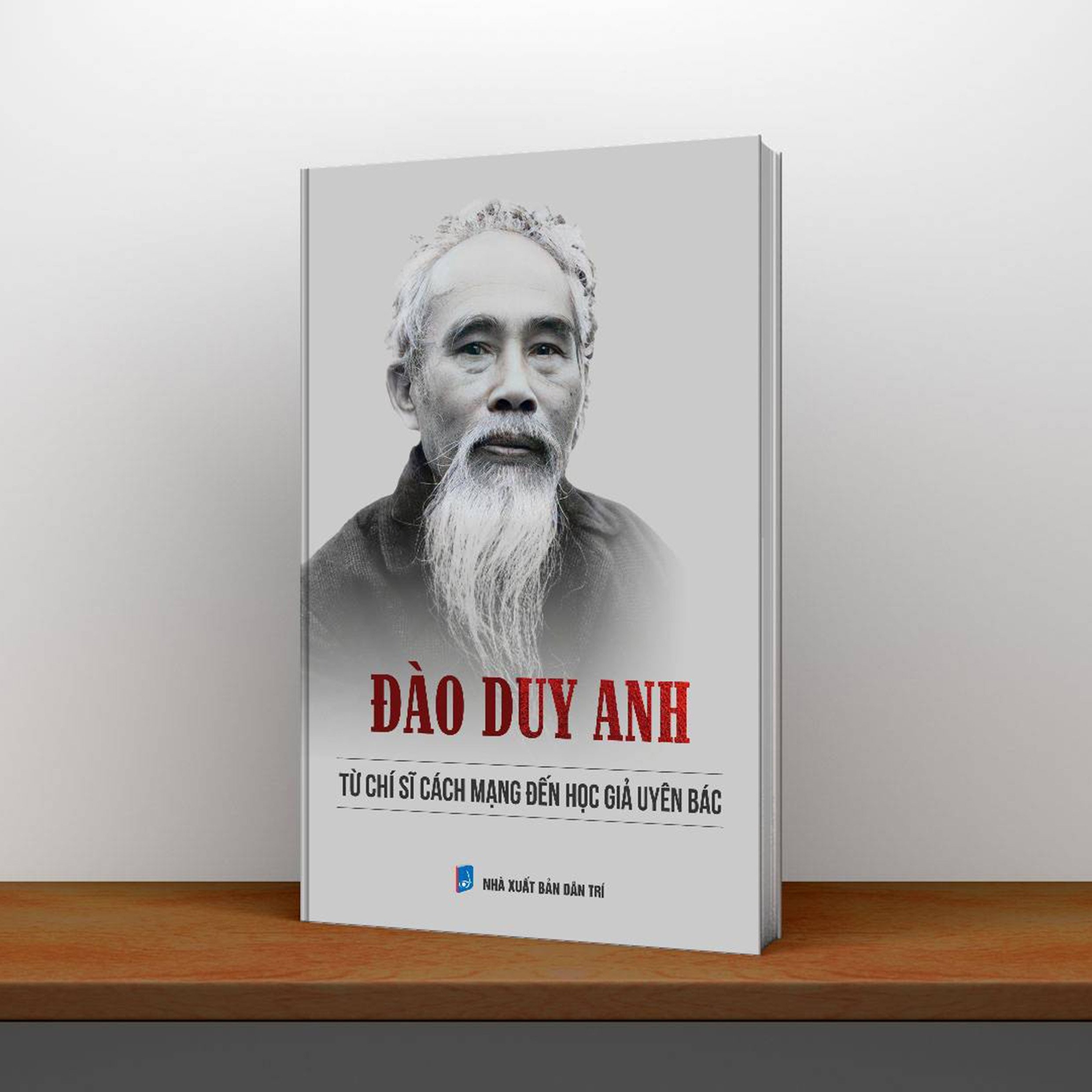
In 2000, 12 years after his death, Professor Dao Duy Anh was posthumously awarded the Ho Chi Minh Prize for Social Sciences for his series of works: Vietnamese History from its Origins to the 19th Century; Ancient Vietnamese History; Vietnamese Cultural History; Vietnam through the Ages. His name has been given to many schools, streets in the capital city of Hanoi, in major cities such as Thanh Hoa, Hue, Ho Chi Minh City, as a tribute to a revolutionary activist, a professor, an intellectual, a great cultural figure of the country in the era of Ho Chi Minh. His life was a journey full of challenges from a revolutionary patriot to a respected scholar, graceful like a lotus, standing tall in any circumstances, always reaching towards the light of the sun, the light of truth to spread its fragrant essence to life, just like the lyrics of a song: "Shining brightly, the lotus is even more beautiful. Gathering the essence of heaven and earth, building the soul of the nation. Shining for a thousand years, the descendants of Lac Hong..."
